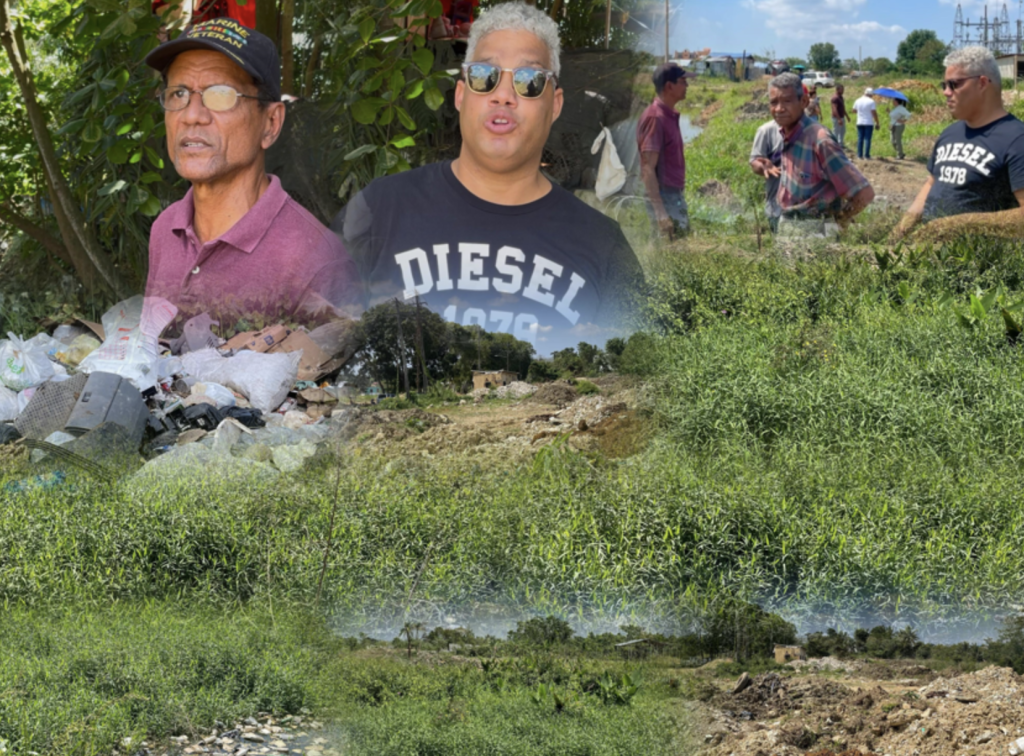
Environmentally-minded neighbors denounce that a group of invaders in Hato Nuevo have been filling wetlands and ravines near the Haina-Manoguayabo River with trash and debris. This action further exacerbates the pollution affecting the river, a vital water resource for communities within its 564.15 square kilometer basin.
The Dominican Republic, a signatory to the Ramsar international treaty promoting wetland conservation and sustainable use, faces a stark contradiction with the destruction of these essential ecosystems. Wetlands are crucial for biodiversity and environmental balance, acting as climate regulators, carbon sinks, and natural sponges that prevent flooding.
According to the Verdor magazine of the Academy of Sciences of the Dominican Republic, the country has 6,561.17 square kilometers of wetlands, representing 13.5% of its territory. However, these spaces are being systematically destroyed by illegal filling with debris and solid waste, without local and environmental authorities taking the necessary measures to stop it.
In the community of Hato Nuevo, Manoguayabo, residents of the Bisonó sector and other nearby neighborhoods, such as Los Trinitarios, Roalva, and El Antonia, have denounced the obstruction of the ravines that cross their residential areas due to the dumping of materials in the lagoons.
Pedro Veloz, president of the Bisonó neighborhood council, expressed concern about the risks this poses: “The ravines are obstructed. When the rains come, we could face the same tragedies of November in recent years, when more than ten people lost their lives due to flooding in the expansion zone.”
The situation has generated alarm among residents, who say that uncontrolled urban expansion, coupled with the lack of intervention by the authorities, could trigger an environmental disaster of great proportions.
Julio Matías (El Mello), secretary of the Association of Neighborhood Councils of the Expansion Zone, made an urgent call to the Ministry of Environment to take immediate measures and protect these vital ecosystems.
Wetlands are hybrid ecosystems that play a key role in climate regulation and biodiversity protection. In addition to acting as carbon sinks, they contribute to flood reduction by absorbing excess rainwater. In the Haina-Manoguayabo River area, these wetlands also serve as a refuge for various migratory species, birds, mammals, fish, and other organisms.
Read more in Spanish:
N Digital
18 March 2025

